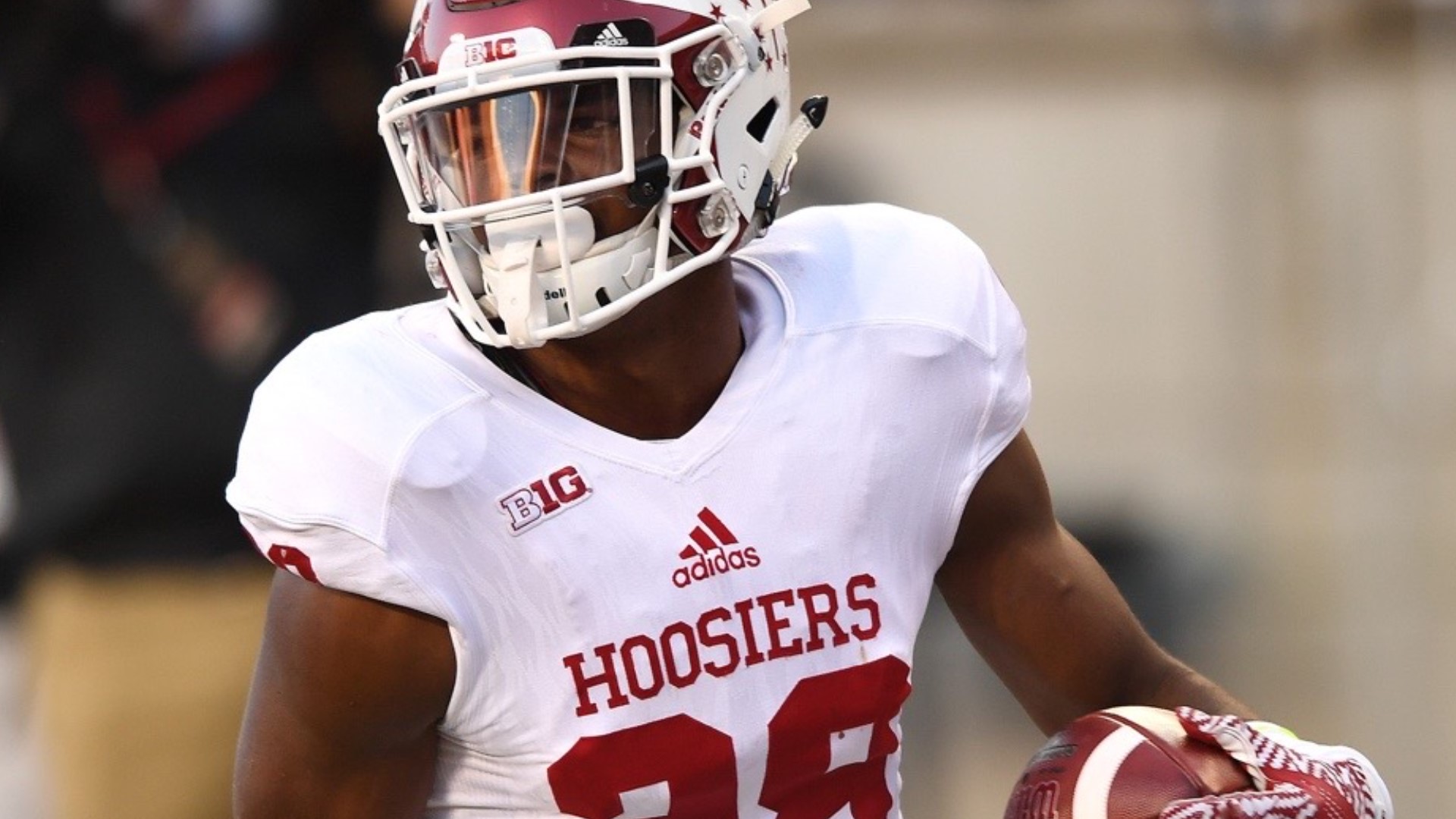BLOOMINGTON, Ind. — This article contains discussion of suicide and self harm. If you or a loved one is suffering, contact the National Suicide Prevention Hotline at 800-273-8255.
Against the tolling of the bell clock near Sample Gates, A’Shon Riggins reviews his schedule for the upcoming semester at Indiana University.
They are classes he will need in order to obtain his masters from the School of Education’s Mental Health and Counseling Education program.
“I always knew I wanted to make a difference in athlete’s lives,” Riggins said.
But before he wanted to help them, Riggins was a prolific one himself.
Growing up in a tight knit community just outside Cincinnati, Riggins excelled in both basketball and football, where he played multiple positions.
“Sports was always the focus," he said.
Riggins brought his talents to Indiana University as a defensive back in 2016.
At first, he thrived – earning a Big Ten Honorable mention and starting eight out of twelve games.

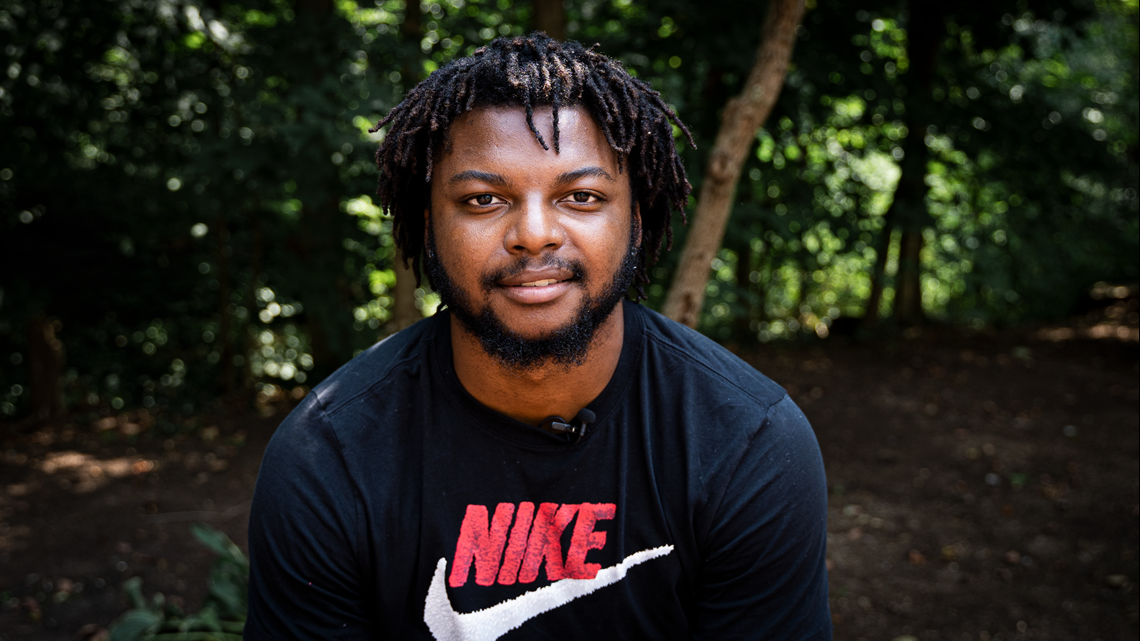
But injuries, including several concussions, resulted in Riggins missing out on half his sophomore season. The pressure to continue starting was on once his junior season rolled around.
"I had to prove I could continue to play at this level," he said.
But he continued to internalize his pain, isolating himself from teammates and friends. As Riggins delved deeper into game film and technical aspects of the game, his grades suffered.
One day after practice, it all became too much.
“On September 25, 2018, I attempted suicide," Riggins said.
He spent three days recovering in the hospital.
Riggins remembers the perspective he was given from a young woman who was also recovering there.
“I was really blessed to meet her. She said, ‘We’re all a little crazy.’ That changed my mental state almost immediately,” he said.
It took nearly losing is life for him to finally open up about what was going on inside his head. When Riggins got out of the hospital, he rallied his positions team together and told them what happened.

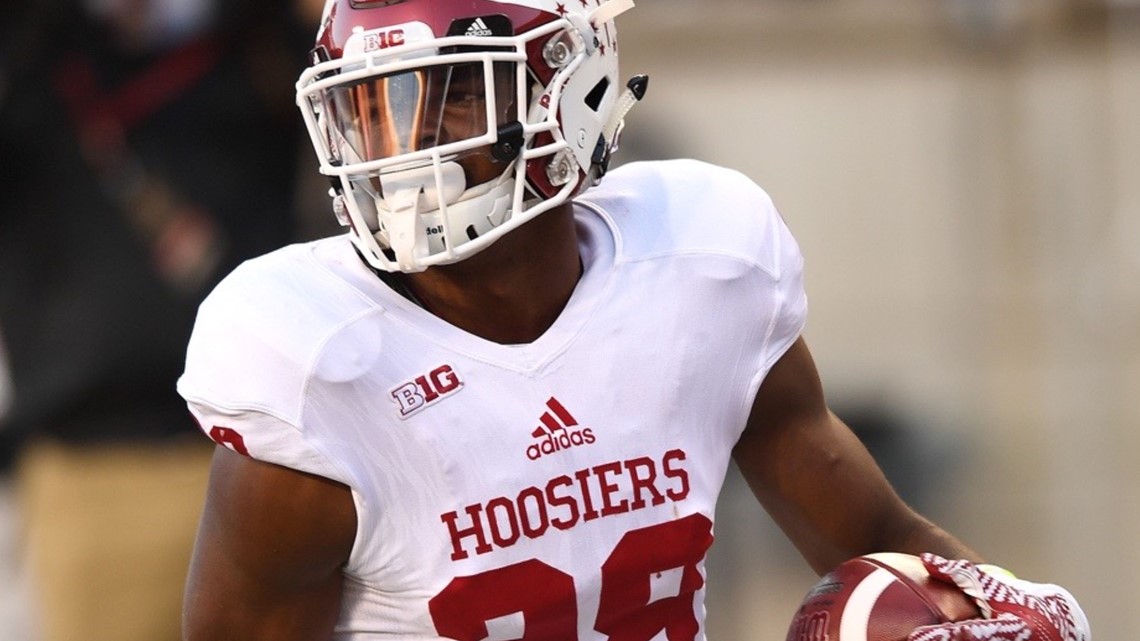
His teammates had his back, and offered up words of support. For the first time, he realized he could be open about his mental health.
"Especially as males, we don't necessarily open up about what's going on with us emotionally or even mentally, so a lot of things stay bottled in."
Shortly after surviving the suicide attempt, Riggins tried to move on with his life, all the while remembering something his mom said when she visited him in the hospital.
"She told me that God didn't let me leave because he had something coming for me. And three months later we found out my fiance was pregnant."
Just months after trying to take his own life, new life made her way into his midst.
A little girl named Sage.
"It immediately put everything into perspective for me. Because it was immediately not about me anymore," Riggins said. "She copies everything - not only that I do but that my fiance does as well."

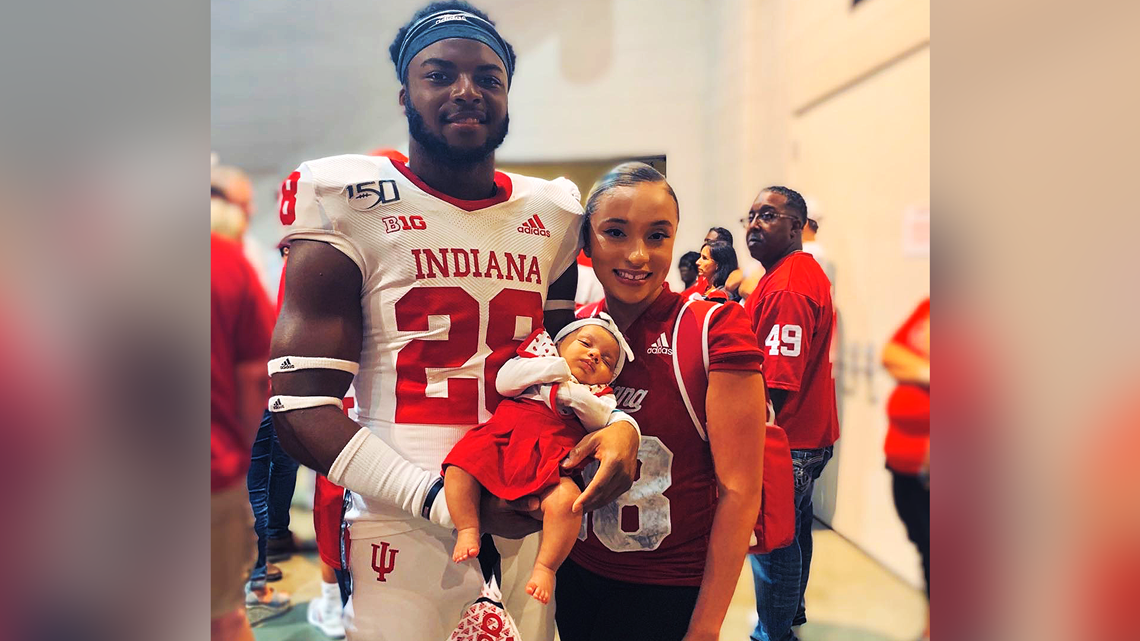
Riggins' football career ended shortly after, but his journey towards mental health advocacy was only beginning.
He began therapy and is now working on becoming a counselor himself.
"Everyone could use therapy even if it's not necessarily every week or a few times a week. It just helped me have the confidence to keep going," he said.
As a former D1 athlete and father, he can relate to a variety of people from all walks of life. He's become a mentor to other kids, and works to help them identify core values.

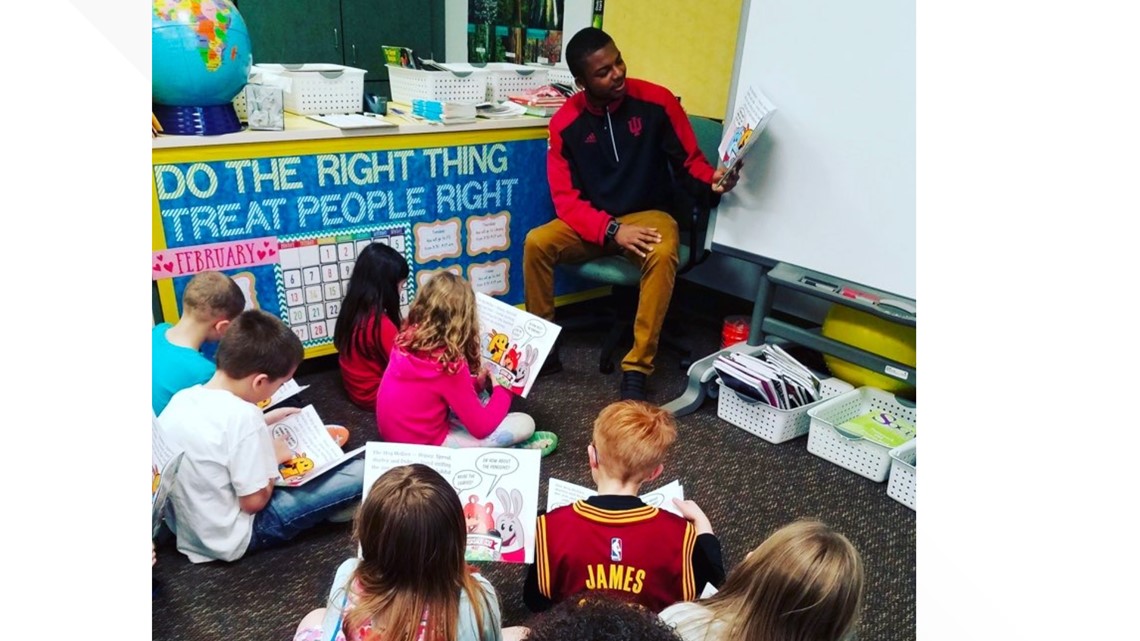
"When I talk to like, other young Black men I always try to get them to come up with a list of values that's going to guide you to your goals. As long as those things aren't really impacted or threatened - then keep the main thing the main thing and just focus on that."
Additional Mental Health Resources for Athletes -
Recognize to Recover - http://www.recognizetorecover.org/mental-health
Balance Position - http://balanceposition.com/
Eric Monday Foundation - https://www.ericmondayfoundation.org/mental-health---athletes.html
Athletes Against Anxiety and Depression Foundation - https://www.aaadf.org/

